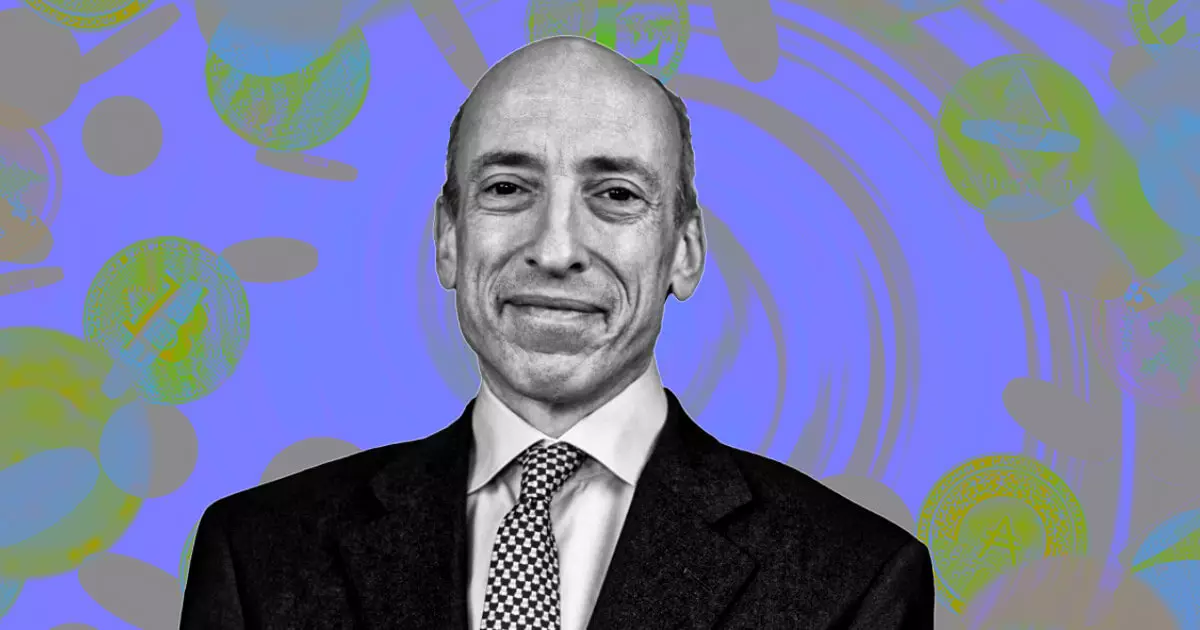The Chief Legal Officer of Coinbase, Paul Grewal, recently took to social media to call out US SEC Chair Gary Gensler for what he believes to be misleading statements regarding the legal status of cryptocurrencies. Grewal refuted Gensler’s claims that numerous digital assets should be classified as securities, stating that the SEC’s own lawyers have acknowledged that cryptocurrencies do not meet the criteria to be deemed securities.
A Clash of Perspectives
On the other hand, Gensler has consistently maintained his position that most cryptocurrencies should be considered securities tokens, pointing out that they often lack the required disclosures that traditional securities are mandated to have. Despite not specifying which specific cryptocurrencies he deems as securities, recent regulatory actions indicate that all major tokens, with the exception of Bitcoin, are under scrutiny by the SEC.
Since taking on the role of SEC Chair, Gensler has made it a priority to bring crypto assets under the regulatory oversight of the commission. By using the Howey test as a benchmark, Gensler aims to determine the securities status of various cryptocurrencies. However, critics have criticized Gensler’s heavy-handed enforcement approach, arguing that there needs to be clearer legislation from Congress to provide more certainty for the industry.
The clash between Coinbase, Binance, Ripple, and other major crypto entities with the SEC highlights the ongoing legal battles within the industry. Additionally, the issuance of Wells Notices to companies like Uniswap, Consensys, and Robinhood further emphasizes the regulatory scrutiny that crypto firms are currently facing. This regulatory landscape, coupled with the lack of decisive legislative action, has only served to prolong uncertainty within the crypto industry.
The conflicting perspectives between Coinbase and the US SEC Chair underscore the ongoing debate surrounding the classification of cryptocurrencies as securities. As the industry grapples with regulatory challenges and legal battles, the need for clarity and a unified approach towards crypto regulation becomes increasingly pressing. Only time will tell how this regulatory tug-of-war will ultimately impact the future of cryptocurrencies and their place within the financial ecosystem.


Leave a Reply